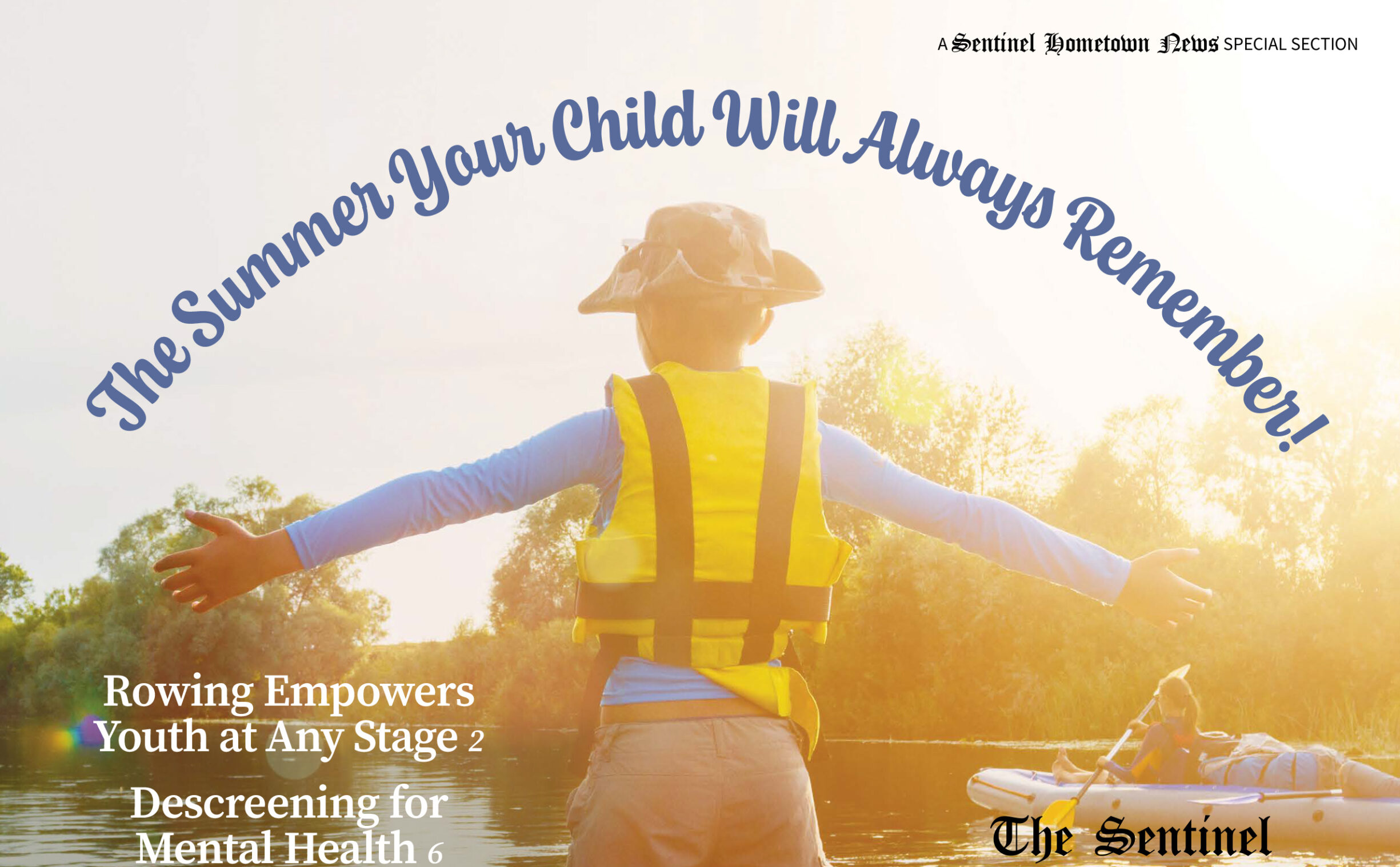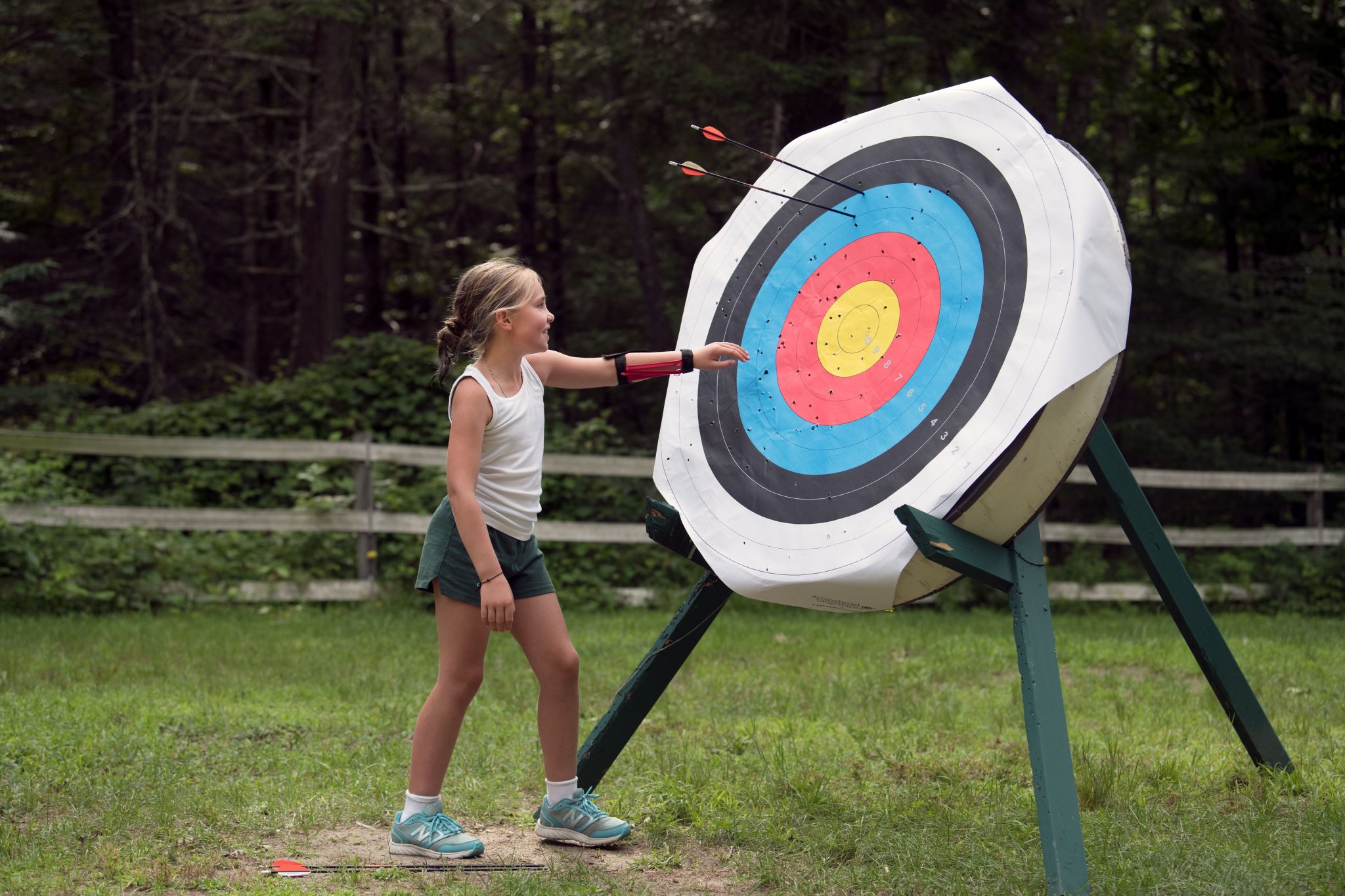 Article
Article

 There are two components in the process of creating resiliency in children (or adults). The first is the presence of opportunities for stress, failure, disappointment and imbalance, and the second is a process of processing those events that leads to strength and self-confidence rather than weakness and despair. A summer at camp offers both these components, and we are just as intentional about creating difficulties as we are about teaching kids to process them.
There are two components in the process of creating resiliency in children (or adults). The first is the presence of opportunities for stress, failure, disappointment and imbalance, and the second is a process of processing those events that leads to strength and self-confidence rather than weakness and despair. A summer at camp offers both these components, and we are just as intentional about creating difficulties as we are about teaching kids to process them.
In our camps and programs we continually ask children and adults to go outside their comfort zones; to trust the community to support them while they try something new and voluntarily go to the bottom of the learning curve. We send out trips which demand physical exertion, living with the many creatures of nature, and sleeping on terrain which is often uneven and very hard. We don’t try to make it easy; we try to plan trips which will fall within the “growing edge” of those children on that trip and experiences that challenge their tolerance and expectations. Just as we wouldn’t put a nine year Lanakila or Hive camper on a five-day pack trip, we wouldn’t put a 14 year Aloha camper on a half-day trip to Eagles’ Bluff. Neither would fall within the zone of challenging but not overwhelming.
 In our camp programs, we intentionally create reasonable dissonance. Our campers may have to try 4 or 5 times to pass their “rainy day fire test,” or they may not get the part they want in the play, and if all works out well, they will have some challenging difficulties in learning to live with their tent families. These situations are grist for the mill.
In our camp programs, we intentionally create reasonable dissonance. Our campers may have to try 4 or 5 times to pass their “rainy day fire test,” or they may not get the part they want in the play, and if all works out well, they will have some challenging difficulties in learning to live with their tent families. These situations are grist for the mill.
The second part of the process is teaching kids to process their experiences, and this is where success counseling comes in. One of the primary things that research has told us about kids who are resilient is that they measure high in the category of “internal locus of control.” They believe they have influence on how they feel and how they perceive what happens to them, as well as a strong belief that they can affect the difficult situations in which they find themselves. Many adults seek to help children process their difficulties by asking them, “How did that make you feel?” It is hard to imagine a less effective strategy unless perhaps just to say, “Deal with it, suck it up!”
 It almost impossible to gain the sense of an internal locus of control when being asked “How did that make you feel?” First, it implies that the outside world is making you feel something; that you are at the mercy of the world. If that is true, you have to change the outside world to stop feeling what you are feeling. I accept as a truism that unhappy people concern themselves primarily with trying to change others, happy people spend most of their time trying to change themselves. Success counseling would ask different questions. The first would be “How are you feeling in this situation?” and the second would be “How would you like to be feeling in this situation?”
It almost impossible to gain the sense of an internal locus of control when being asked “How did that make you feel?” First, it implies that the outside world is making you feel something; that you are at the mercy of the world. If that is true, you have to change the outside world to stop feeling what you are feeling. I accept as a truism that unhappy people concern themselves primarily with trying to change others, happy people spend most of their time trying to change themselves. Success counseling would ask different questions. The first would be “How are you feeling in this situation?” and the second would be “How would you like to be feeling in this situation?”
These questions send the message that you have internal control over your reaction to what is happening around you, and that to begin the process of imagining what it would look like if you took that control is the first step in finding your balance and strength. If all we do is to change the question, “How does that make you feel?” to “How do you feel about that?”, we will be taking a bigger step towards resiliency than we imagine.

